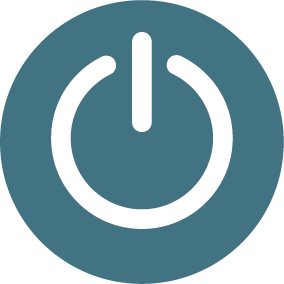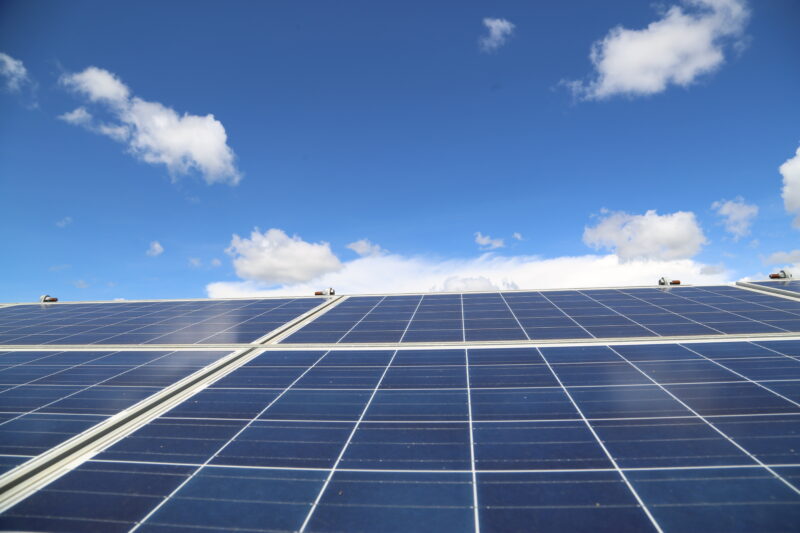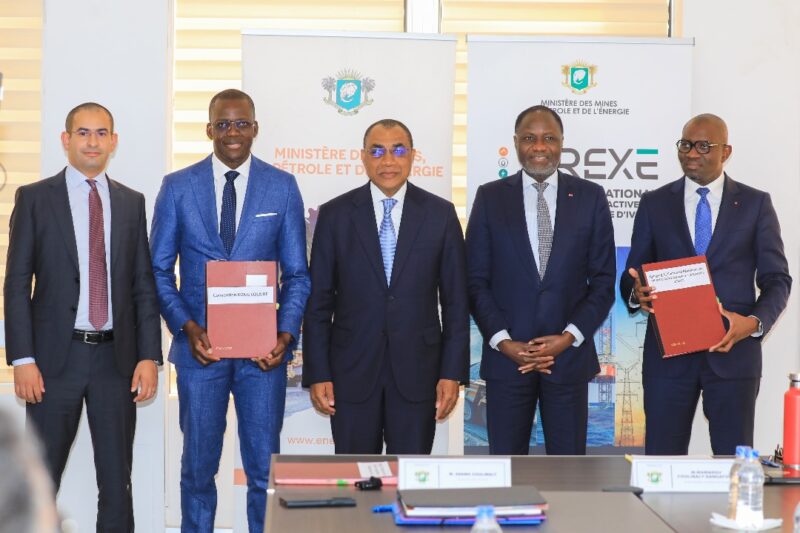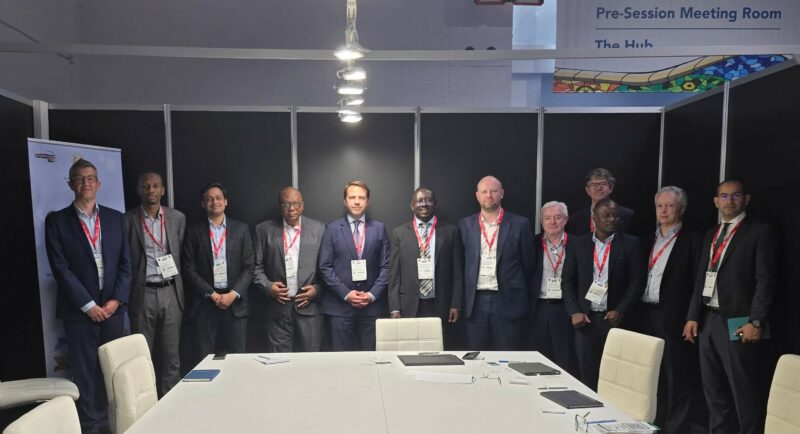Behind the scenes: Leaving a legacy of development
9th Dec 2020 | Leave a comment | By James Ng’ang’a
As part of InfraCo Africa’s Asset Management team I am motivated by the work we do behind the scenes to deliver high quality projects that not only meet an infrastructure need, but which leave a legacy of development for people living close to our projects.
During the ongoing pandemic, we have drawn on support from PIDG Technical Assistance to address the immediate needs of these communities for PPE, handwashing facilities and awareness raising initiatives. Some of these initiatives are large scale, with support for 17 villages near our Sierra Leone Mini-grid project impacting almost 15,000 people. Others will have a longer term impact by providing bikes for clinicians and clean water for a school in Zambia and supporting the electrification of health clinics in Senegal and Ethiopia. We are very proud of the work that all of our partners have undertaken on the ground to realise these initiatives so rapidly.
But this work is not new. With support from our Development Impact team, we expect our partners to demonstrate corporate social responsibility and to actively seek out opportunities to bring lasting benefits to the communities in which they work.
I want to take this opportunity to focus in on one of our construction projects – Salima Solar in Malawi – to describe the great work being undertaken by our partner JCM Power to maximise the development impact of the 60MWac solar project for nearby communities.
As is the case for many large-scale infrastructure initiatives, land acquisition formed a key part of the planning and development process for Salima Solar. Prior to the project, farmers farmed small subsistence plots with productivity impacted by both drought and flooding. Following a competitive tendering process, the project has engaged Total Land Care, a specialist Malawi-based NGO, to deliver a wide-ranging programme of agricultural training and support for local farmers affected by the project, expanding its scope to benefit the wider community also. The programme was launched by Zwide Jere, TLC Country Director and JCM’s Malawi Director, Phylip Leferink, in August 2020.
-
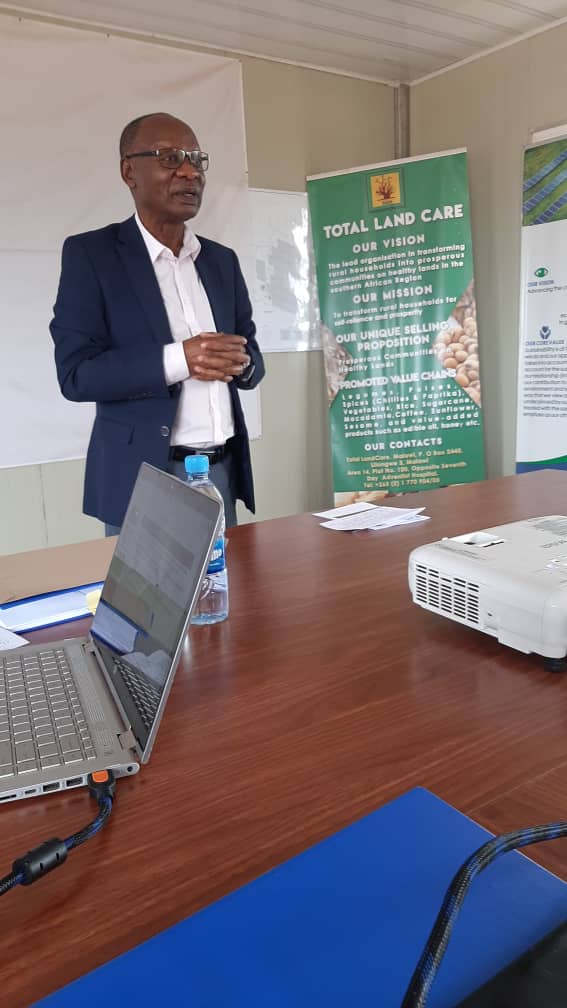
Zwide Jere, TLC Country Director -
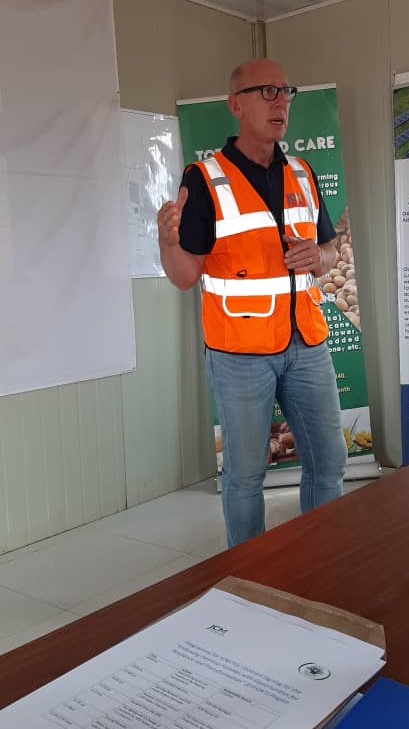
Phylip Leferink, JCM’s Malawi Director
Entitled ‘Endowing Farming Families with Opportunities for Resilience and Transformation,’ (EFFORT) the community-based initiative will run for three-years. 500 households in the villages of Group Headman Kanzimbe will be equipped with the skills required to maximise yields, access markets and improve their nutrition. The programme will also promote climate resilience by encouraging the adoption of conservation agriculture techniques. This month, farmers have been building fences to protect their seedlings and preparing the ground ahead of planting.
-
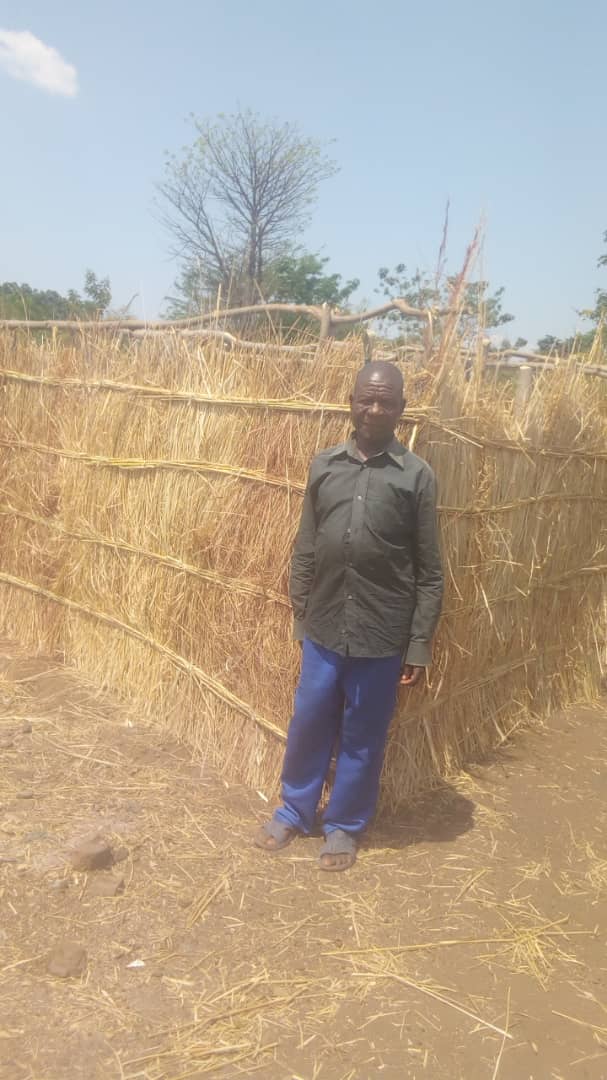
Chief Menyako beside new nursery area -
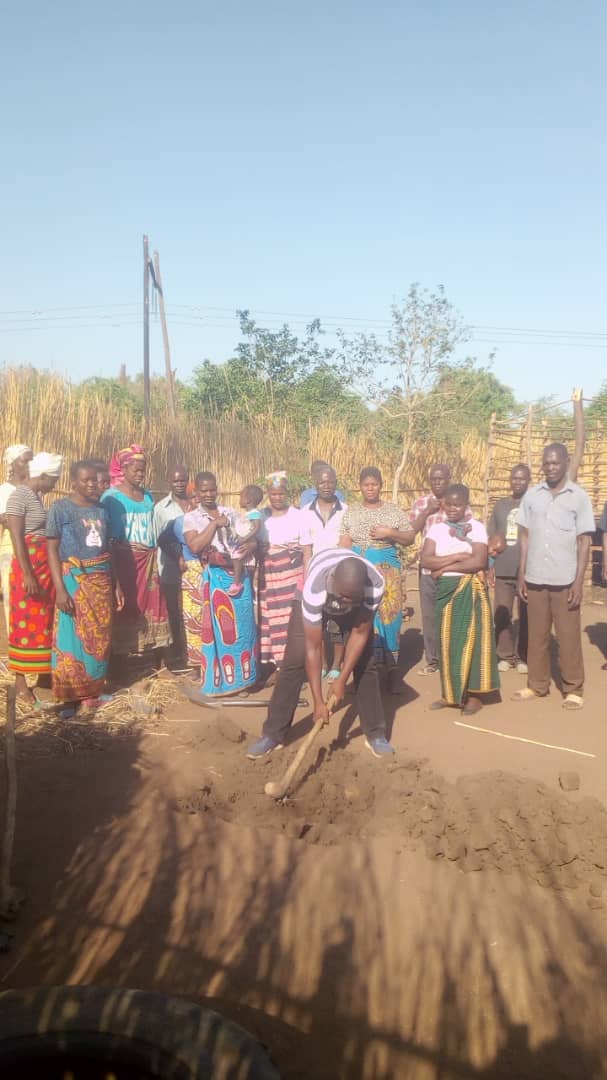
Farmers preparing the land for planting
The TLC programme will also take on a piece of work already undertaken by the project to provide food security for project affected people identified as being vulnerable and food insecure. Seed and fertiliser packs were distributed to these families which were used to grow maize. The project then offered farmers secure, dry storage for their crop. Earlier this year, the Chair of the local LRP working Group, Mrs Idaj Nakulepa, oversaw the storage of around 12.5 tonnes of maize, keeping a copy of the register to oversee the withdrawals which will shortly commence as we enter Malawi’s dry season.
-
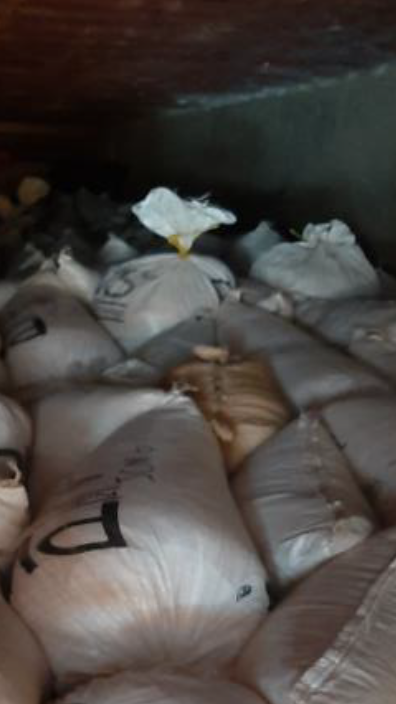
Bags of maize stored for the dry season -
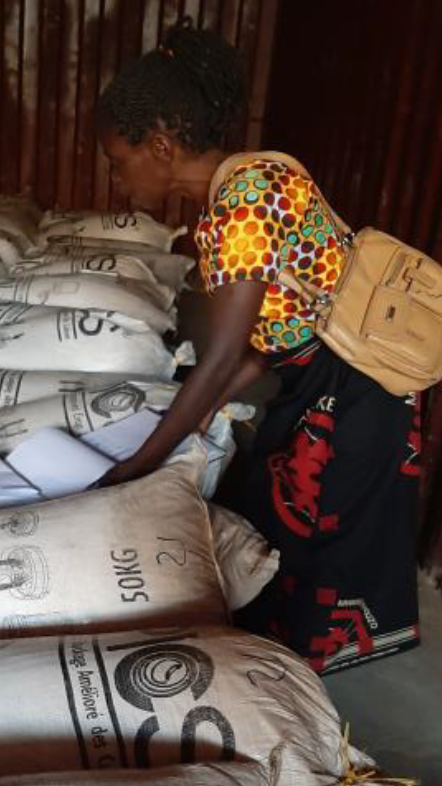
Working Group chair with grain register
Projects of this scale involve the recruitment of a significant number of local workers and Salima Solar is no exception. With 513 local employees, around 10% of people living in the surrounding community are currently working for the project! JCM observed that many of these workers were returning home each day for lunch, a significant walk. The project engaged a professional chef from Lilongwe to train a team of local women to prepare and serve free, nutritious meals for the construction team each day from the on-site African Food Kitchen facility.
-
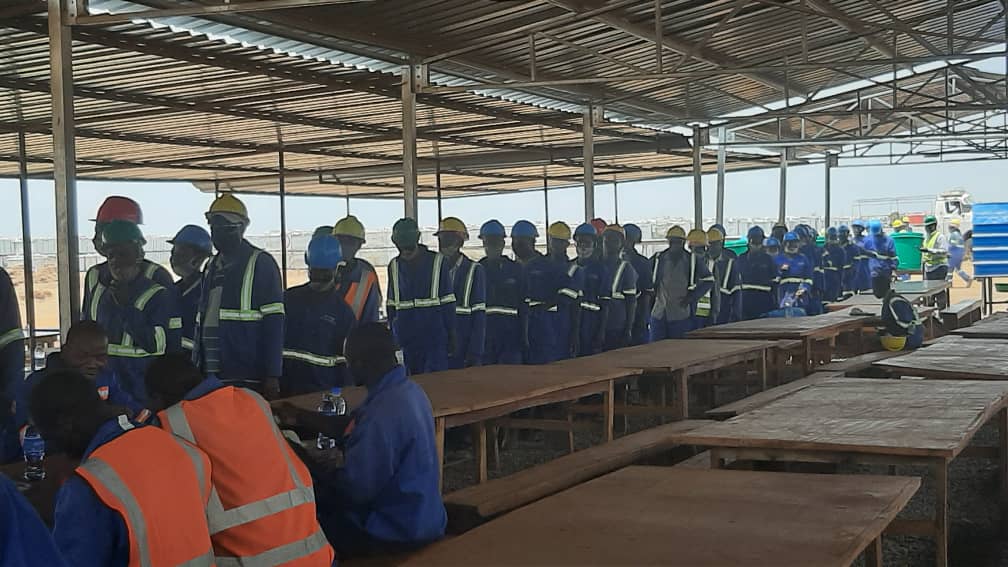
Workers queue for a free hot meal -
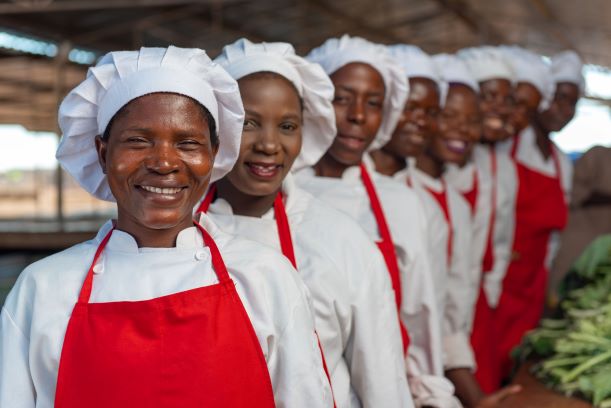
African Food Kitchen team
A further strand to our commitment to the communities of Salima District is JCM’s involvement with the Integrated Pathways for Improving Maternal, Newborn and Child Health (InPath) Programme. Inspired by InPath programme’s impact elsewhere in Malawi, JCM joined with the programme lead, CowaterSowega, in 2019 to extend the works to the Salima District. JCM contributed CA$675,000, leveraging a further CA$4.5 million of support from the Government of Canada through Global Affairs Canada, and are implementing the project alongside a number of specialist public, private and civil society agencies. The programme has recently delivered vital theatre equipment and training for specialist health personnel and is funding the renovation of the maternity wing at Salima District Hospital, including WASH facilities to enable safer deliveries and post-natal care.
-
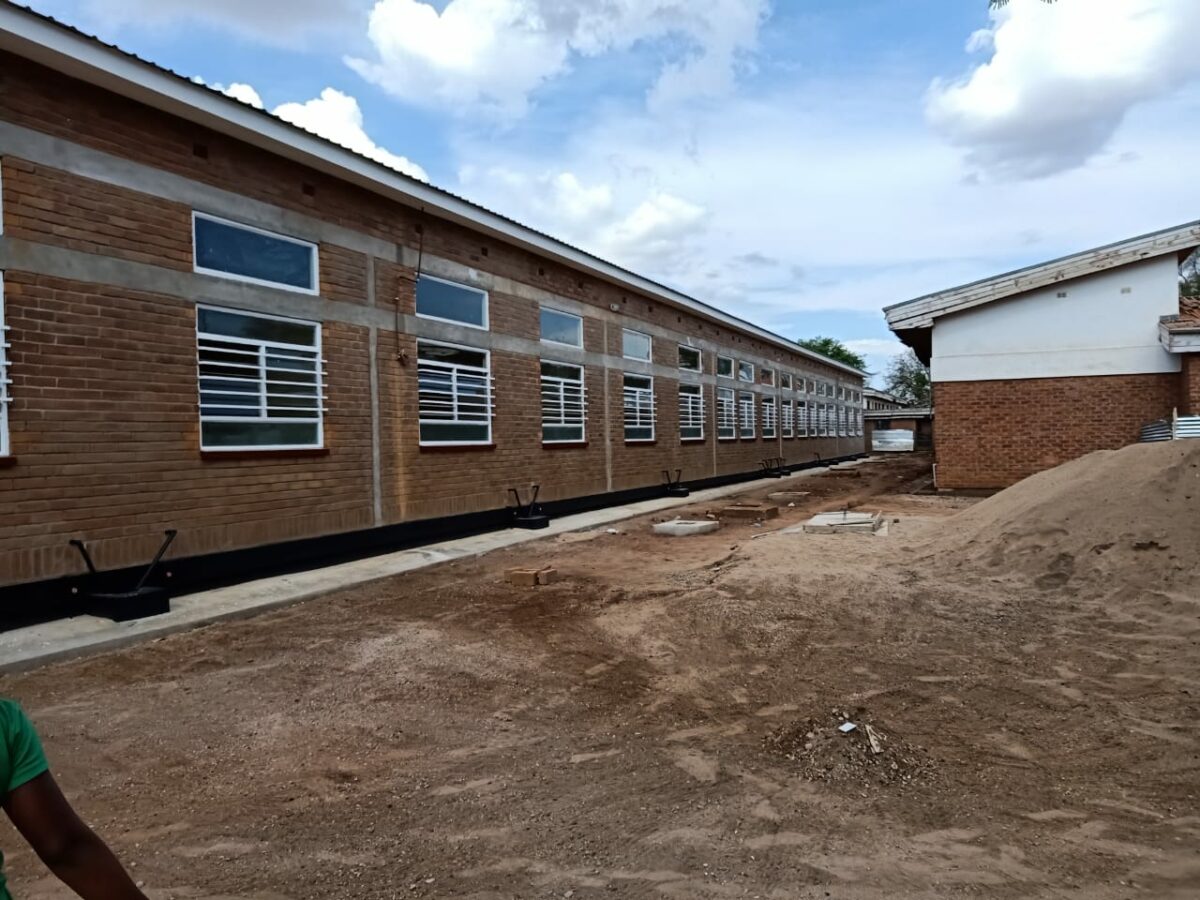
Maternity unit exterior -
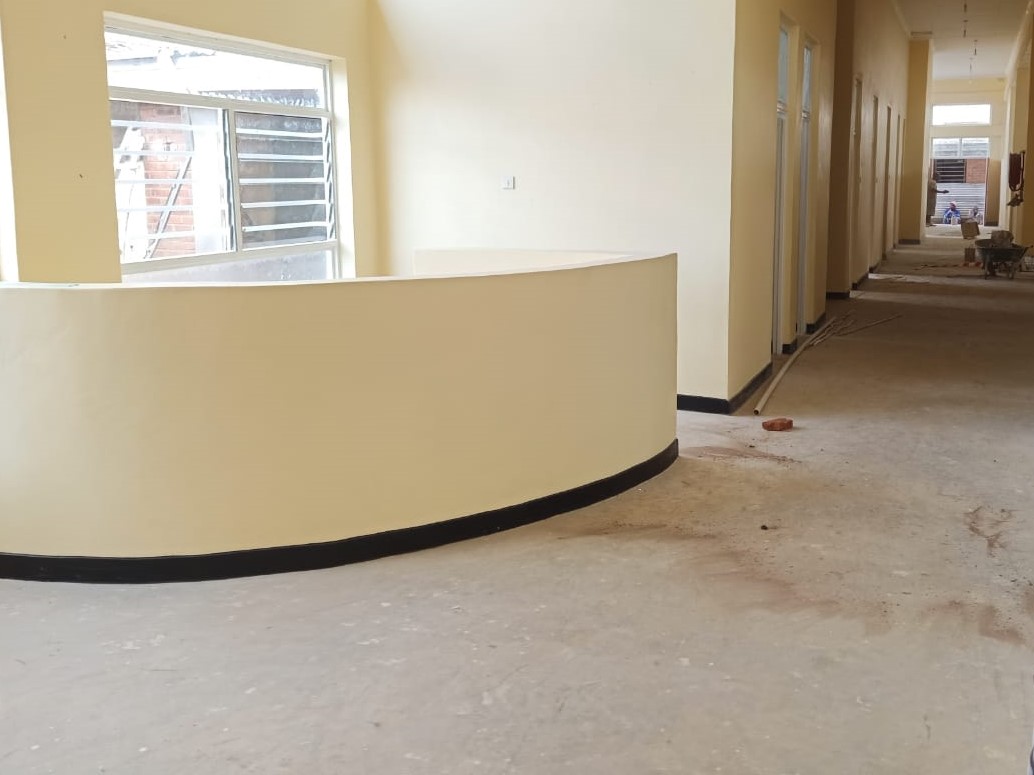
Maternity unit nears construction
As you can see from the examples at Salima Solar, the work that we engage with beyond the boundaries of our infrastructure investment is extremely varied and each initiative is borne of extensive consultation with the communities in which we work.
You can follow the progress of the various initiatives taking place at Salima Solar – and our other projects – on our website and social media. Do please get in touch if you would like to know more about the work that goes on behind the scenes on our projects: info@infracoafrica.com
Leave a Reply
Related projects
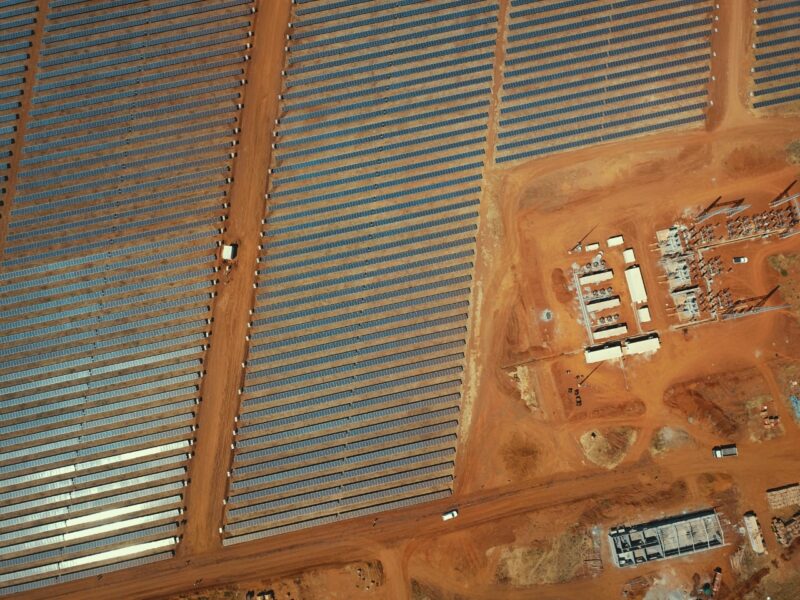
Malawi: Salima Solar
Starting the journey to solar power



